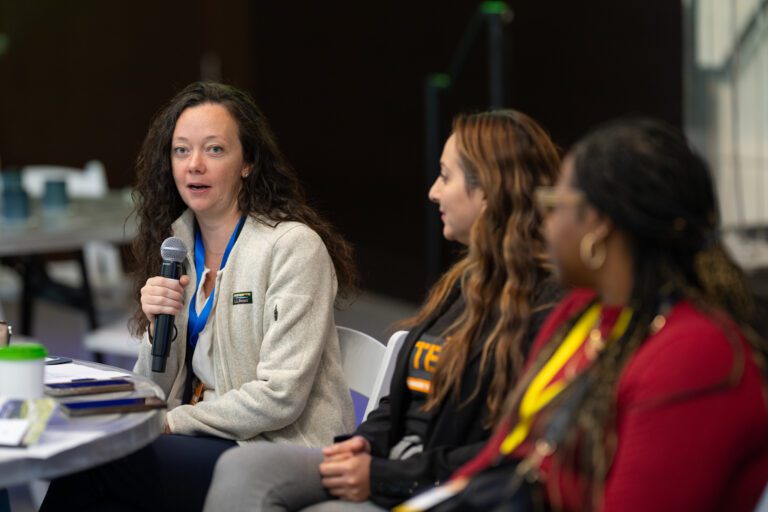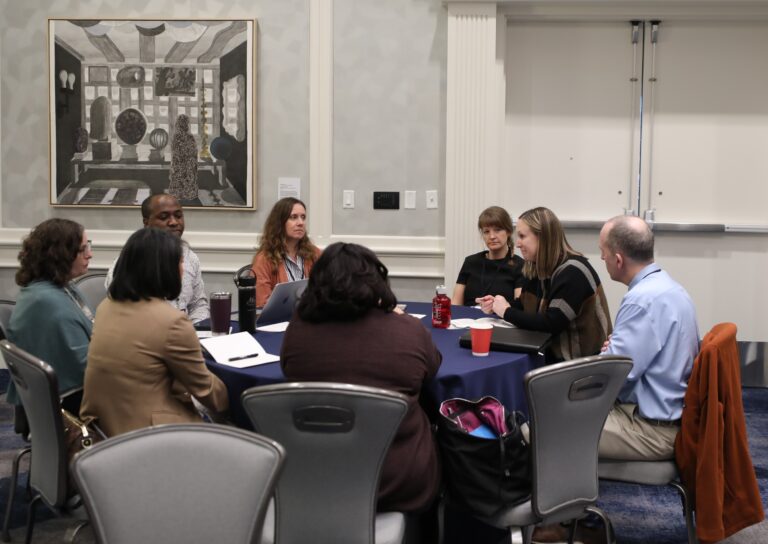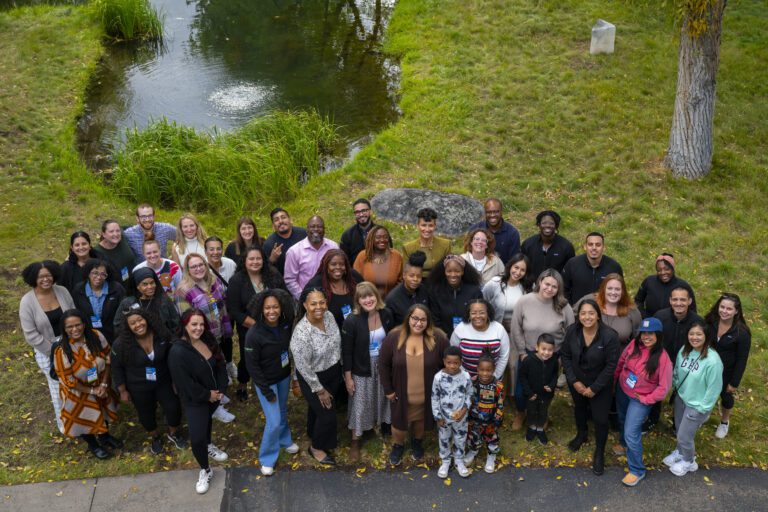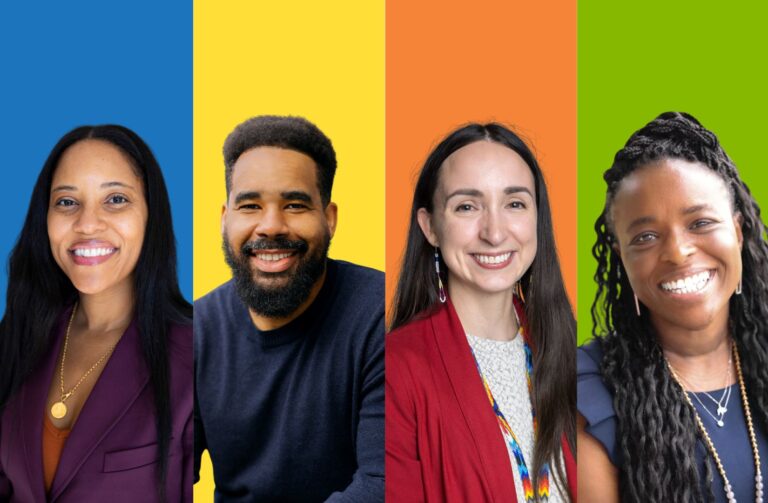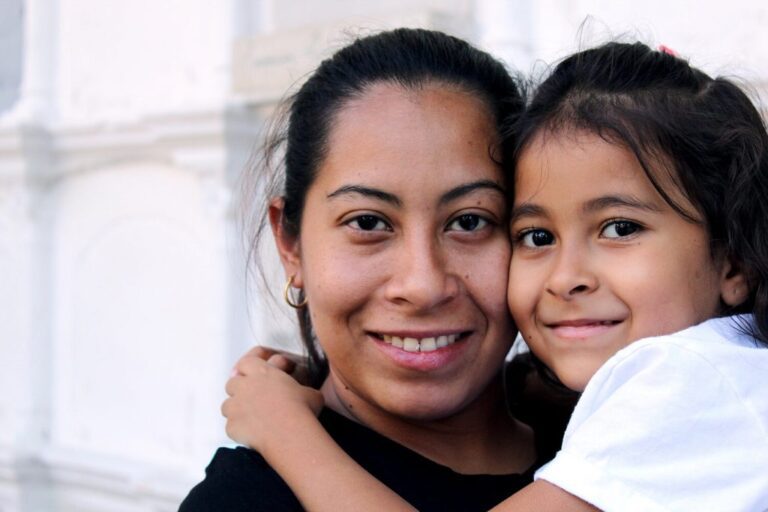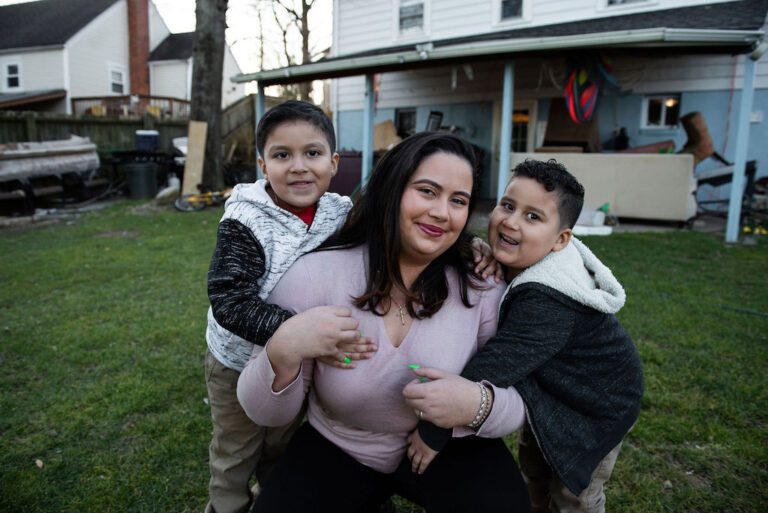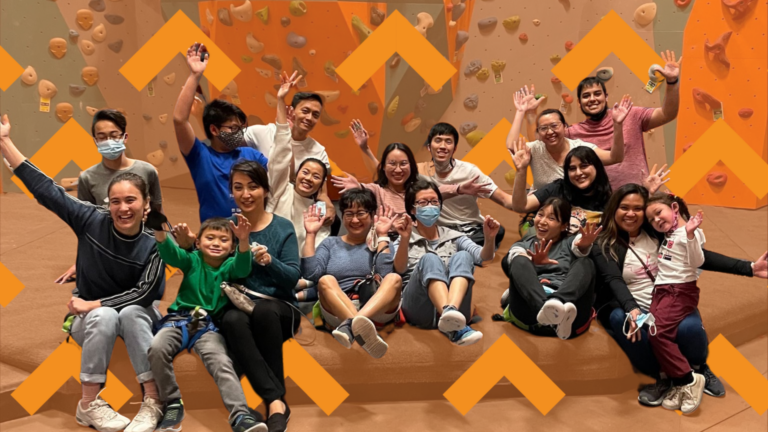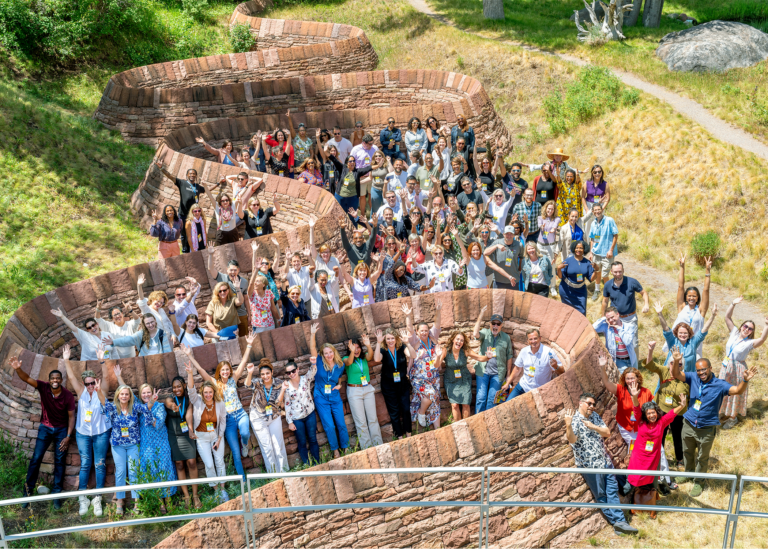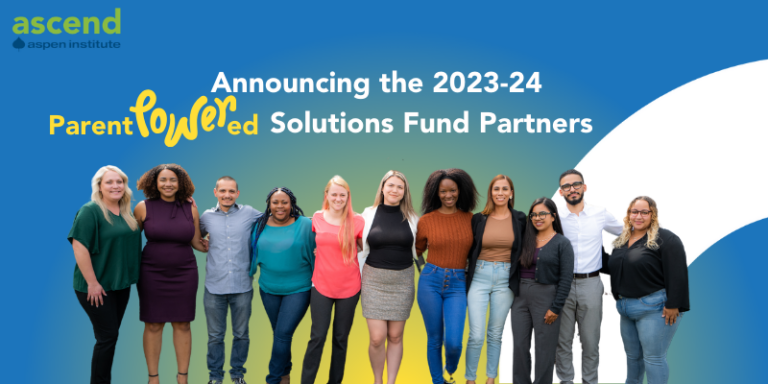Minnesota Centered in Case Study on 2Gen State Systems Change
Ascend at the Aspen Institute Releases Report Analyzing the State’s Investments in the Economic Mobility of Children and Families
Washington, DC
Ascend at the Aspen Institute today launched a report, A 2Gen Approach in Minnesota: A State Case Study for Systems Leaders & Policymakers, which details the state’s policies and practices that support families holistically. Two-generation (2Gen) or whole family approaches build family well-being by intentionally and simultaneously supporting children and the adults in their lives together.
Minnesota has a rich history of supporting families holistically, which is rooted in Indigenous communities’ wisdom. In recent years, the North Star State’s Administration through leadership of the Children’s Cabinet, which is chaired by the Governor and Lt. Governor and comprised of 21 state agencies and the soon-to-be established Minnesota Department of Children, Youth, and Families, have embraced opportunities to innovate and improve the efficacy of services to strengthen statewide systems and influence national policy changes.
“Minnesota’s leaders have been at the forefront of interagency and cross-systems work, revealing systemic barriers to family well-being and strengthening the state government’s relationship with communities,” says Marjorie Sims, Managing Director of Ascend. “Minnesota’s history, context, and relationships have created the conditions for it to serve as a prominent leader in the nation’s 2Gen movement. We are inspired by the policymakers and practitioners in the state redesigning services to drive equity, and we hope these real-world solutions generate new actions and ideas for other states and communities working toward family prosperity.”
“Children don’t come in pieces,” says Peggy Flanagan, the Lieutenant Governor of Minnesota. “We evaluate every policy with a whole family lens, and we are committed to building systems that remove burdens and obstacles and put families at the center. This case study helps Minnesota and our partners continue to create one of the strongest models for children and families, and we’re proud our successes can light the path for the rest of the country.”
Findings are synthesized in an executive summary, and the report is organized to highlight insights from the state’s past, present, and future work. Lessons learned and recommendations address adaptive and visionary leadership, new relationship building, culture change, partnering with families, among other key takeaways.
###
Ascend at the Aspen Institute is a catalyst and convener for diverse leaders working across systems and sectors to build intergenerational family prosperity and well-being by intentionally focusing on children and the adults in their lives together. We believe in the power of co-creation. We are a community of leaders — well-connected, well-prepared, and well-positioned — building political will that transforms hearts, minds, policies, and practices.
The Aspen Institute is a global nonprofit organization whose purpose is to ignite human potential to build understanding and create new possibilities for a better world. Founded in 1949, the Institute drives change through dialogue, leadership, and action to help solve society’s greatest challenges. It is headquartered in Washington, DC and has a campus in Aspen, Colorado, as well as an international network of partners. For more information, visit aspeninstitute.org.
###
Contact:
Brendan Creamer
Communications Officer
Ascend at the Aspen Institute
brendan.creamer@aspeninstitute.org
Related Posts



